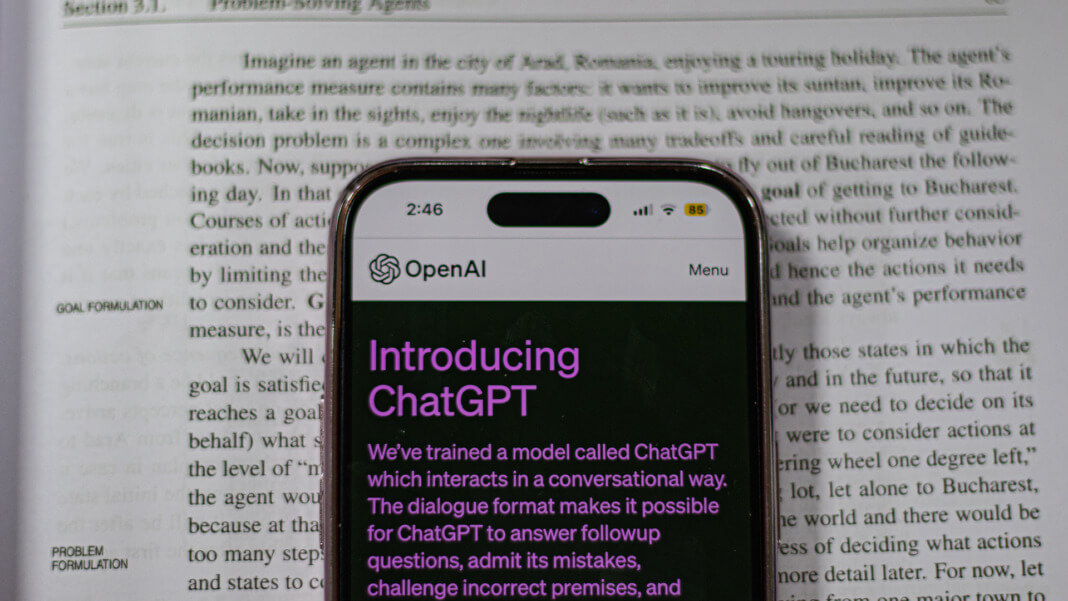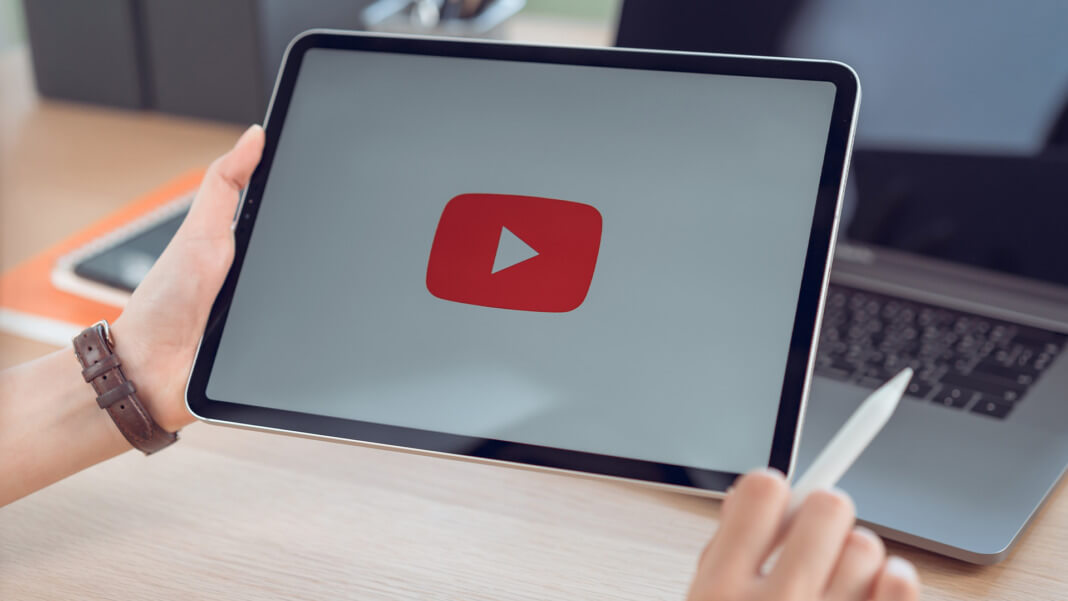OpenAI has rolled out its most significant update with the introduction of GPT-4 Turbo, a refined version of its language model that boasts an expanded context window and the latest knowledge base. This reveal, made during the company’s inaugural developer conference, marks a milestone in the evolution of large language models.
OpenAI boosts ChatGPT with GPT-4 Turbo
GPT-4 Turbo elevates the AI experience by providing power at a lower cost. The model taps into data as recent as April 2023, moving beyond its predecessor’s limit of September 2021.
The enhanced context window of GPT-4 Turbo is its standout feature. With a capacity of 128,000 tokens, translating to about 300 pages of text, it dwarfs the previous limits of 8,000 and 32,000 tokens. This leap forward means ChatGPT can maintain coherence over longer dialogues, potentially absorbing the content of an entire novel in one go.
Staying relevant and on point
For large language models like GPT-4 Turbo, context windows are vital. They ensure relevance and coherence over extended interactions, preventing the erratic responses that can arise from longer conversations. This new version promises to keep the conversation on track far longer than before.
Moreover, GPT-4 Turbo is set to be more budget-friendly for developers, with input costs cut to US$0.01 per 1,000 tokens (about 750 words) and outputs at US$0.03 per 1,000 tokens. This makes it three times less expensive than previous iterations.
The model is not just cheaper; it’s smarter, too. It adheres to instructions more precisely and can generate code in preferred languages like XML or JSON. Plus, it supports both image processing and text-to-speech capabilities while retaining integration with DALL-E 3.
Simplifying AI with GPTs and addressing copyright concerns
Another significant announcement from OpenAI is the launch of GPTs, tailor-made ChatGPT versions that require no coding expertise to create. These can serve individual or business needs and be shared with others. Currently, they’re accessible to ChatGPT Plus subscribers and enterprise clients.
In the realm of copyright, OpenAI has joined the likes of Google and Microsoft in assuming legal responsibility for copyright infringement issues that may affect its users, showing a proactive stance on protecting its customers.
As GPT-4 Turbo emerges, with its vast context window and new features, it represents a double-edged sword. While ChatGPT generally avoids actions it shouldn’t take, its “dark side” remains. This new model, despite its expanded capabilities, might face similar challenges to its predecessors but with a far more significant impact.





